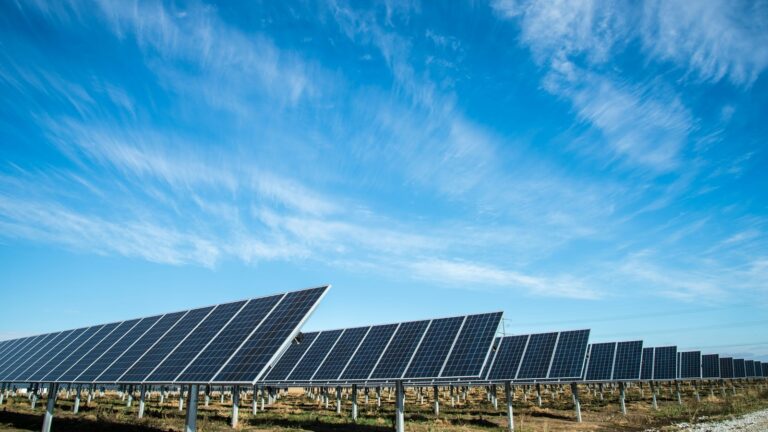As Pakistan grapples with its circular debt problem, a young man who runs a mobile charging shop in Sukkar village has started using solar panels to generate electricity amid a growing problem of power shortage across the country, ARY News reported.

Wahab Tunio found a way to overcome the electricity shortage problem in his area and make electricity a lifeline for himself and others in the community.
According to ARY News, Wahab Tunio, a resident of Qureshi Goth in Sukkur and a small business owner, has started using solar panels to generate the electricity he needs.
He uses solar power to charge his cell phone, power his desktop computer and run his business.
Tunio said that due to a lack of electricity in his hometown, he has had to rely on solar panels to run his business.
Other people who live in the same area and have the same problem are charged for their cell phone bills. ₹According to a report by ARY News, this is Wahab Tunio’s source of income.
Tunio stressed that due to the power shortage, solar panels have become a necessity.
He also urged the Pakistani government not to impose taxes on solar panels, adding that this would create a heavy burden for him and others.
He feared that the implementation of the tax would affect his business, according to ARY News.
The country is suffering from a power shortage after the federal government defaulted on payments to electricity suppliers, leaving people without electricity during this heatwave.
Last week, power supplier K Electric issued a stern warning that it would cut off electricity supply to Sindh government ministries and departments over outstanding payments running into billions of rupees, ARY News reported, citing sources.
Sources familiar with the matter said the Sindh government and the Karachi Water Supply and Sewerage Board (KWSB) have not made any payments to K-Electric since January.
Unpaid membership dues have plunged K-Electric into a financial crisis, creating major difficulties for the company in maintaining its network.
Earlier this month, K-Electric sent five letters urging immediate payment of the remaining balance.
K-Electric warned that if the payment was not made immediately, its network would fail, potentially causing extended power outages in major cities during the heatwaves.

